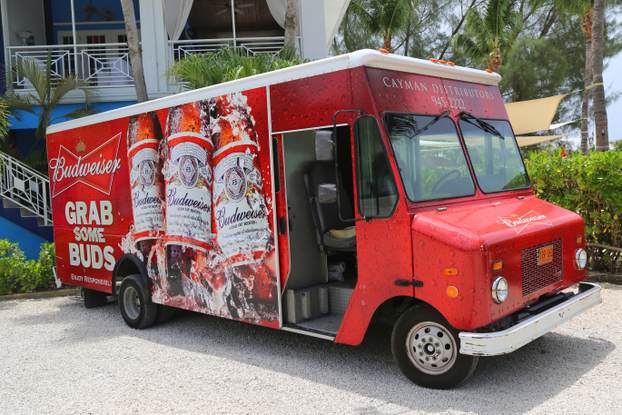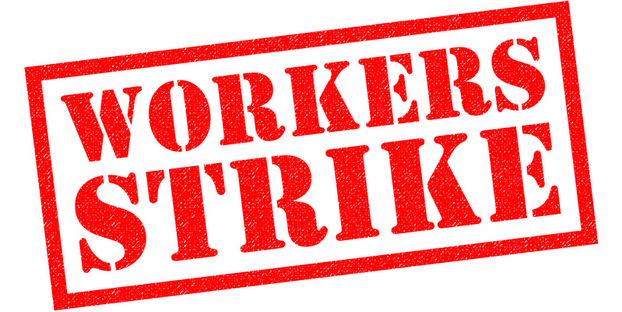
The distributor/craft brewer relationship can be complicated. After-all, this is business, and what might really help one might not help another. As a craft brewery industry website, we aren’t shy about our positions on the more contentious battles that pop into the headlines. Like when, say, Texas is trying to screw craft brewers by ceding their rights to wholesalers.
But we certainly understand the plight of the wholesaler. Imagine it: As thousands of craft breweries pop up and grow and demand attention, your well-worn business model has to change. After decades of managing the logisitics and inventory of several well-known and strong brands, now you must sift through hundreds of new, way smaller companies and juggle their more complicated, ever changing product.
Maybe I identify with this as a journalist because it’s similar to what happened to media companies when this new fangled thing called the World Wide Web came along. Suddenly, within a five-year span, the expectations of what you do is in a total upheaval. Business models are being made and remade on the fly. Is it a fad? Is this the future? Answers to those questions aren’t easy to answer, nor are they to be taken lightly. Being forced into doing something different would make any of us stubborn.
I’d argue that for many in distribution, there is an emotional component as well. My buddy’s dad worked at a distributor, and he aligned with Miller products the way a guy on the line at a GM plant would with GM cars. People grow attached to brands and take pride in their careers.
Anyway, it can be easy to lose that empathy for the other side of the equation, especially when the craft brewer side is that of change, disruption and evolution (as well as the littel guy). When the debates become bitter, it is even tougher. That’s why we enjoyed this feature from the Augusta Chronicle on how Georgia distributor A.B. Beverage (which has been supplying places with Anheuser-Busch beer since Prohibition) has adjusted to this new world.
At any given time, the warehouses hold between 180,000 and 200,000 cases, enough to supply metro Augusta for 14 to 18 days. The inventory has become so diverse that warehouse employees are directed what to pick and pack each night by a Vermont-based inventory management firm that delivers instructions through a “Siri”-like electronic voice to each employee’s headset.
“We’ve doubled the SKUs in the past two years,” Wicklum said, referring to product bar codes known as stock keeping units.
That’s not exactly surprising, but remember that this doubling of SKUs for A.B. Beverage has really only increased headaches instead of revenue. Craft is just 5 percent of its business right now, but the company has had to add a second sales forecaster who just focuses on that 5 percent. And because of how overall beer consumption has dropped, the company is still sending out about the same total product it always has.
“We do 2 1/2 million cases a year here just for (Anheuser-Busch) products,” Operations Manager Charles Lewis said.“If we didn’t have somebody else doing the craft beer stuff, it would be hard for me to keep up with.”
And remember, this is in Georgia — which ranks 48th in the country in terms of number of craft breweries. So, while we are still going to be making snarky comments about what we’d consider to be outdated and silly laws that restrict a Georgia brewery’s rights to sell its beers to its customers at its facility, we tip a pint to the hard-working distributors out there who are providing access to market for the now 5,000+ craft breweries (even if some are doing it kicking and screaming).






Leave a Reply
You must be logged in to post a comment.